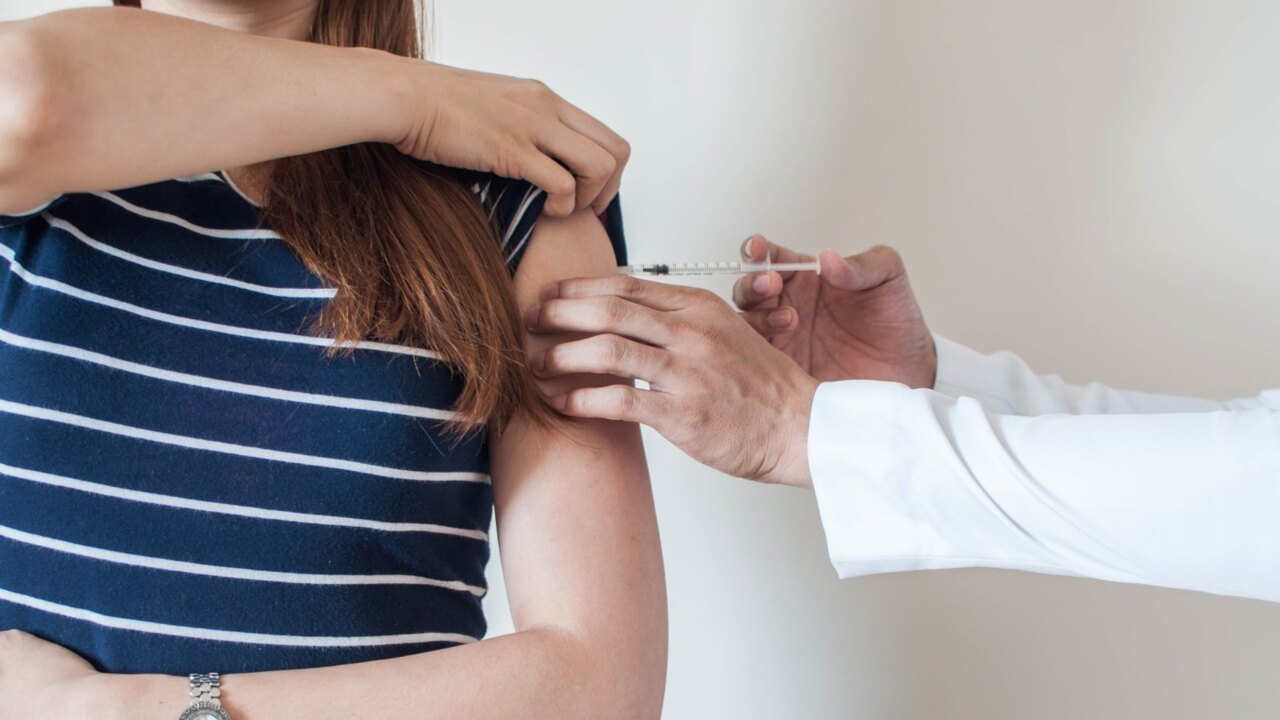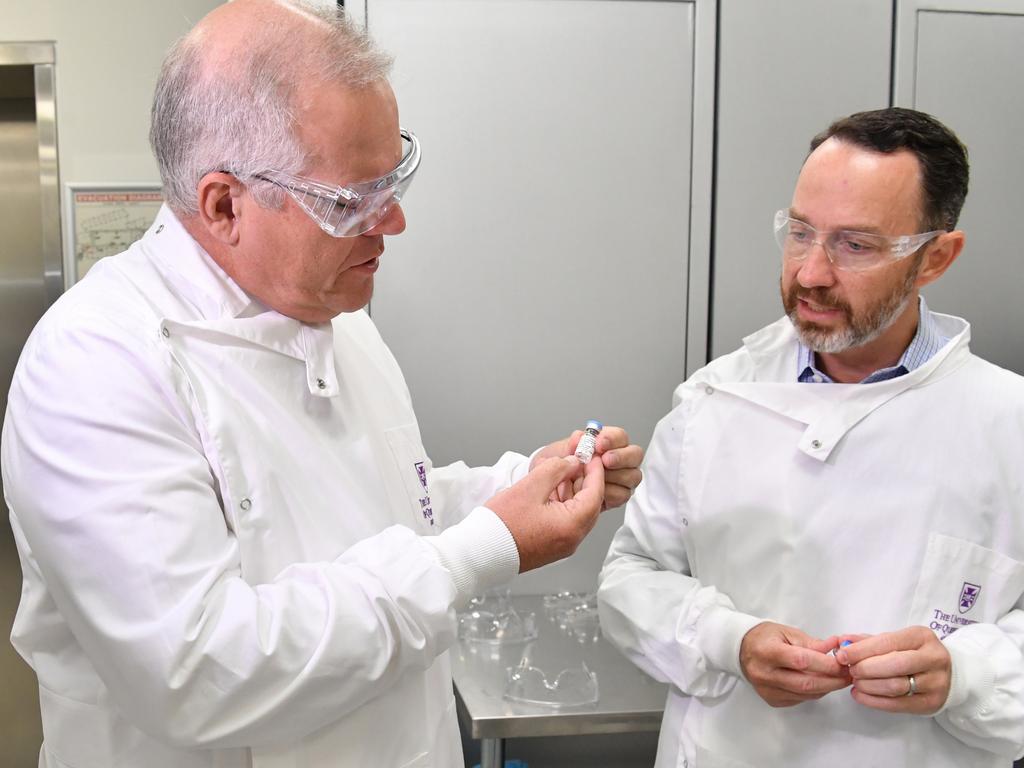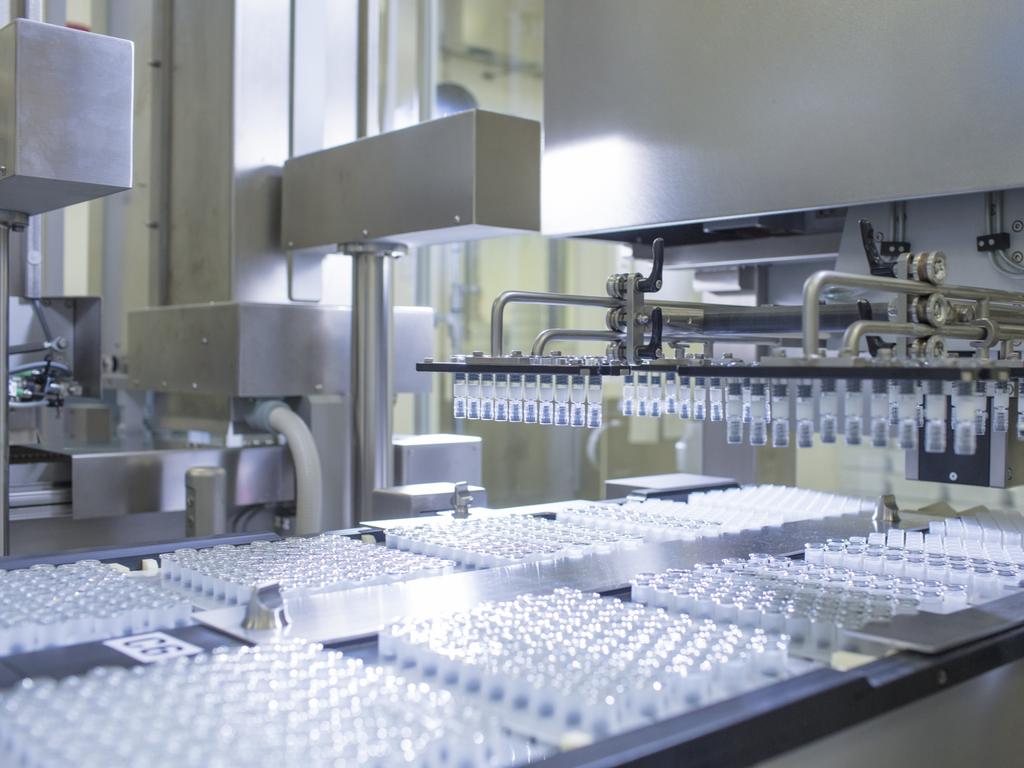More than 30 per cent of Australians ‘hesitant’ about COVID-19 vaccine
Shocking findings reveal how many Australians could prevent the COVID-19 pandemic from ending once a vaccine is available.

At least 6 per cent of Australians could prevent the country from ending the coronavirus pandemic, with a new study revealing how many people “definitely won’t” get any COVID-19 vaccine when it becomes available.
A further 7 per cent of Australians are hesitant, and 30 per cent still haven’t made up their mind.
Almost 60 per cent of Australians said they “definitely would” get the jab in new findings released by the Australian National University.

In August, Prime Minister Scott Morrison said at least 95 per cent of Australians would need to take up the vaccine to effectively end the pandemic, suggesting those who do not take up the vaccine could hinder the country’s efforts in eliminating the virus.
It comes after two vaccine trials this week were reported to be more than 90 per cent effective in protecting participants from contracting the deadly virus.
Earlier on Friday, it was reported the Oxford-AstraZenica trial was also producing promising results.
The Australian National University surveyed 3000 adult Australians, revealing the demographics of those least likely to want the vaccine.

Study co-author Professor Nicholas Biddle said to open up society and the economy fully again, a vaccine needed to be developed “as quickly as possible”.
“Our findings show vaccine hesitancy, which accounts for a significant proportion of the population, may be addressed by public health messaging,” he said.
“But for a significant minority of the population with strongly held beliefs, alternative policy measures may well be needed to achieve sufficient vaccination coverage to end the pandemic.”
The study found women and those living in “disadvantaged areas” of the country were the most likely to be hesitant or resistant, while those with higher household incomes and had greater confidence in their government were more supportive of vaccination.
“We (also found) those who reported that risks of COVID-19 were overstated, and those who had more populist views and higher levels of religiosity, were more likely to be hesitant or resistant,” study co-author Associate Professor Ben Edwards said.
“In contrast, those who had higher levels of social distancing, who downloaded the COVID-Safe app, who had more confidence in their state or territory government or confidence in their hospitals or were more supportive of migration were more likely to intend to get vaccinated.”
The study further found that people over the age of 55 were more likely to get it compared with younger Australians, and those who only had a Year 12 qualification were more likely to be hesitant or resistant.



